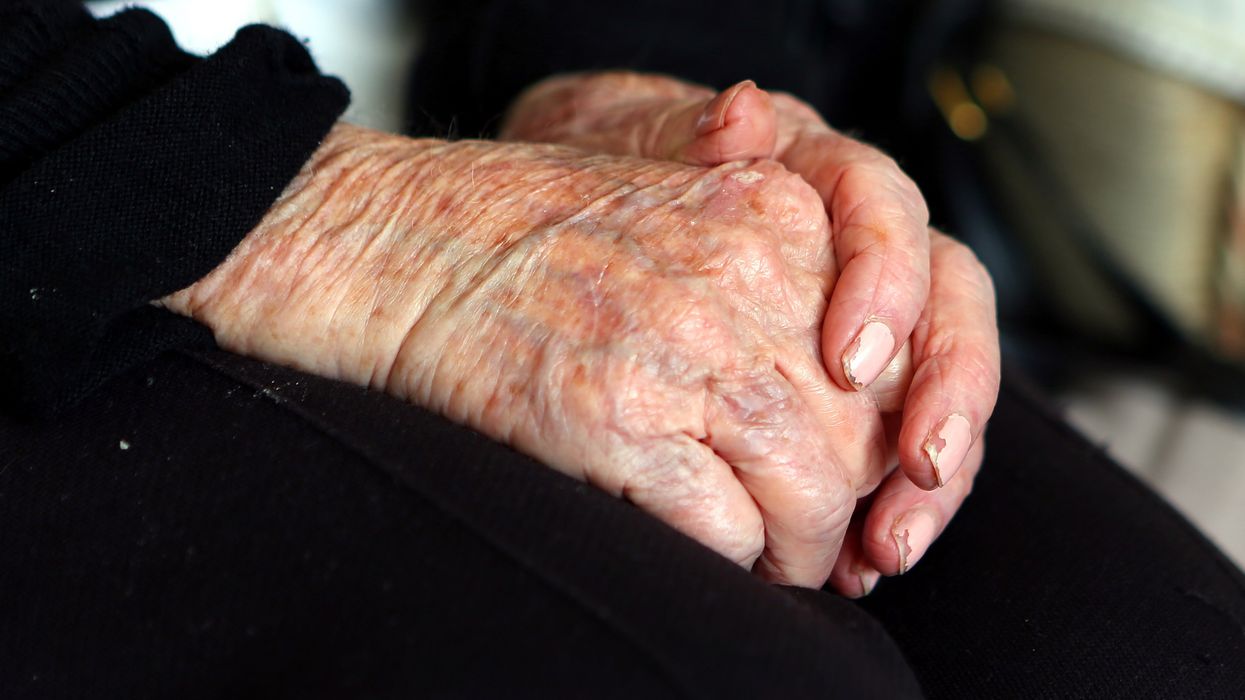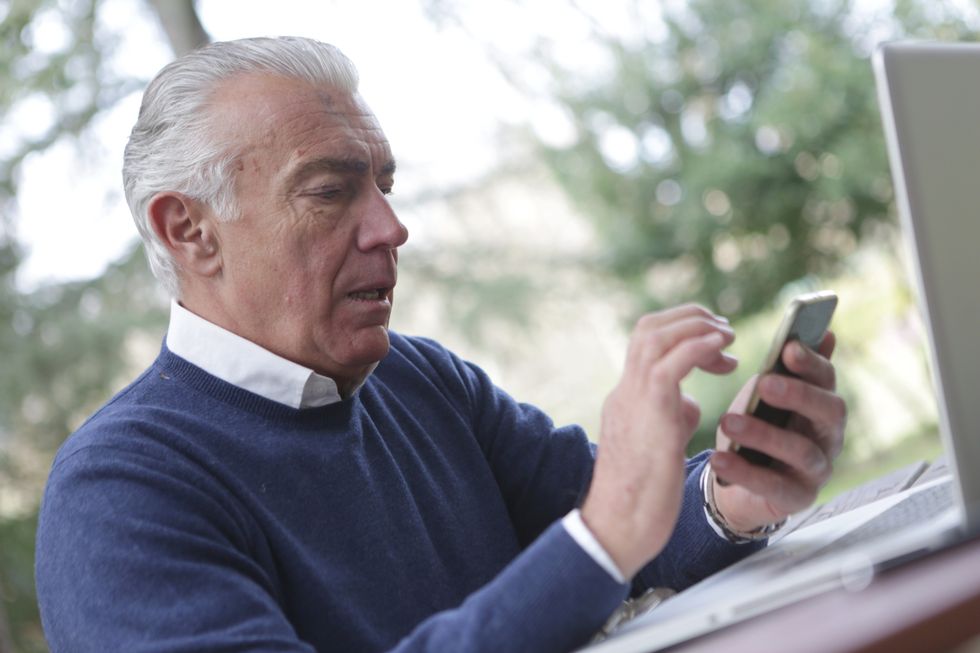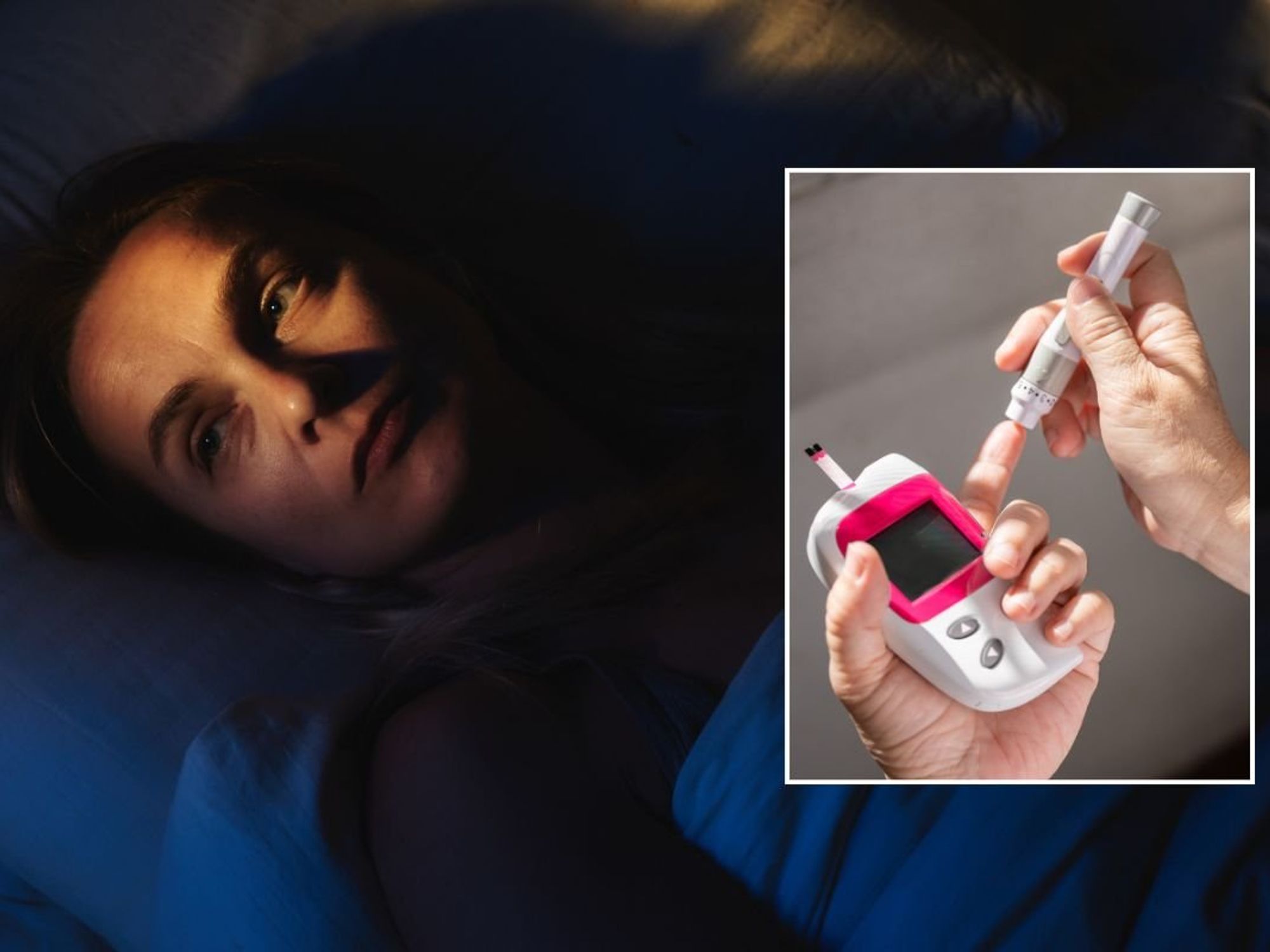New Alzheimer’s drug is a ‘step change’ for UK after being licensed in US

New Alzheimer’s drug is a ‘step change’ for UK after being licensed in US
|PA

The National Health Service have been urged to better prepare for promising new treatments such as lecanemab
Don't Miss
Most Read
Latest
A new drug to tackle Alzheimer’s disease could be a “step change” for the United Kingdom after being licensed in the United States.
American regulators at the Food and Drug Administration approved lecanemab.
British dementia charities and researchers described US approval as a “step change” moment for patients and their families.
However, it has been suggested that a huge shortfall in diagnostic equipment and services in the UK could hold up attempts to use it.

The breakthrough drug could help alleviate Alzheimer's disease
| PexelsIt remains to be seen if lecanemab will receive approval in Britain.
Others have warned that the significant side effects of the drug, which is made by Eisai Inc, would make some patients reluctant to accept the treatment.
Trial results showed that lecanemab, delivered as a fortnightly intravenous drip, can slow the progression of Alzheimer’s by 27 per cent over 18 months if given to patients early in the course of the disease.
The drug works by reversing pathological changes in the brain.
 The number of people suffering with Alzheimer’s in the United Kingdom is estimated to total 850,000 | PA
The number of people suffering with Alzheimer’s in the United Kingdom is estimated to total 850,000 | PAIt also finds and removes build-ups of a toxic protein called amyloid.
Hilary Evans, chief executive of Alzheimer’s Research UK, claimed US approval marked a “step towards a world where Alzheimer’s disease is treatable”.
Evans also revealed the charity had written “urging them to complete this review as a matter of urgency, without compromising on quality, so people with Alzheimer’s in the UK aren’t left in limbo”.
She added: “Today’s news underlines the urgency of getting the NHS ready for new medicines like lecanemab.
“There are several barriers that need to be tackled, starting with an overhaul of the way dementia is diagnosed.
 The cause of Alzheimer's remains unknown but some suggest that a build-up of proteins in the brain | Pexels
The cause of Alzheimer's remains unknown but some suggest that a build-up of proteins in the brain | Pexels“People won’t be able to access these drugs without a confirmed diagnosis of Alzheimer’s, but this is primarily done using a PET scan and the UK has one of the lowest numbers of scanners per capita in the developed world.
“We’re concerned that, without action, this would significantly restrict access and create inequities in care.
“Looking further ahead, new diagnostics are on the horizon — blood tests for Alzheimer’s have been developed, and we’re supporting research to hasten their use in clinical practice.
“So lecanemab’s potential arrival should act as a warning to accelerate work on this front, and help ensure people who could benefit from these new medicines are identified quickly.”
 Television presenter Fiona Phillips | PA
Television presenter Fiona Phillips | PATom Russ, director of the Alzheimer Scotland Dementia Research Centre, also said: “The UK NHS is not ready to implement an infusion-based therapy, should it become licensed here.
“There needs to be significant investment in and support for struggling dementia assessment services, which are still emerging from the COVID-19 pandemic, to continue to diagnose, treat and support people.”
The news comes after ex-breakfast host Fiona Phillips announced she was diagnosed with Alzheimer’s disease.
The 62-year-old is now participating in a clinical trial for a different drug, named miridesap, in the hope of finding a cure.










